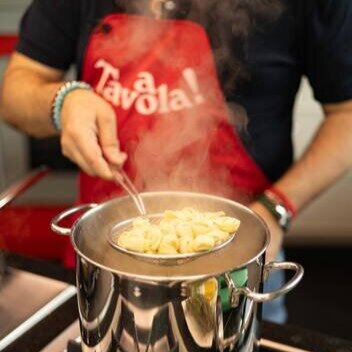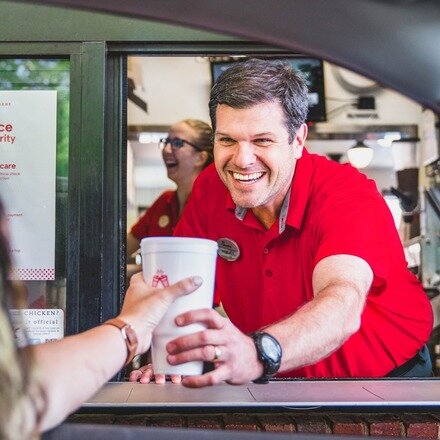Franchise models
Franchising in Central and Eastern Europe has witnessed a surge in popularity, serving as a viable avenue for enterprising individuals to venture into business ownership while leveraging established brand names. However, the financial dynamics between franchisors and franchisees vary considerably in the region, primarily categorized into two main systems: the classic franchise model and the deposit franchise/agency system.
The classic franchise model
In this model, franchisees operate autonomously, managing sales and pricing at their discretion. While offering flexibility, this approach often comes with the trade-off of lower profit margins due to bearing inventory costs and associated risks. Financial transactions typically involve marketing fees, initial fees, and ongoing fees, which may fluctuate based on market size, sales revenue, or services provided.
The deposit franchise/agency system
In contrast, franchisees in the deposit franchise or agency system act as sales representatives for the franchisor. Prices and discounts are dictated by the franchisor, with franchisees earning commissions to cover inventory management and financing expenses. Financial arrangements in this system generally include marketing fees, commissions, and initial fees, which may be fixed or tied to sales revenue or services delivered.
Choosing the right payment model
Selecting the appropriate payment model depends on several factors, including the level of knowledge transfer, the extent of delegated business processes, pricing policies within the network, and the degree of decision-making autonomy granted to franchisees. Each model presents unique advantages and drawbacks, necessitating careful assessment to align with the goals and preferences of both franchisors and franchisees.
In summary, grasping the intricacies of franchise payment models is crucial for fostering mutually beneficial partnerships within the franchising ecosystem. Whether opting for the independence of the classic model or the support of the deposit franchise system, clear communication and alignment of interests are vital for driving sustainable growth and success in the evolving landscape of franchising across Central and Eastern Europe.
 Description of the deposit franchise / Contrary to the classic model, franchisees in the deposit franchise or agency system sell on behalf of the franchisor.
Description of the deposit franchise / Contrary to the classic model, franchisees in the deposit franchise or agency system sell on behalf of the franchisor. read articles
 Franchise in Italian
/2024-07-26
Franchise in Italian
/2024-07-26
Discover the charm of A Tavola, an Italian franchise with global reach.
Choosing the right franchise is crucial for success. Discover the essential steps and criteria to make an informed decision in our beginner’s guide
Franchising has revolutionized global business by enabling rapid expansion with a proven business model. Discover the largest franchise networks shaping industries worldwide.
ACQUA DI FIRENZE is a company renowned for crafting perfumes and ambient fragrances inspired by Renaissance art and cultural heritage.
The franchise features a mini coffee kiosk occupying just 1m², serving freshly ground coffee 24/7 without the need for staff.
most read
 Chick-fil-A sets sights on Europe
/2023-03-15
Chick-fil-A sets sights on Europe
/2023-03-15
The fast-food restaurant chains $1 billion international expansion plan
The Fornetti Group is working to become a leader in the franchise market of frozen bakery products not only in Hungary but also in Europe.
Master franchising is used to accelerate business growth in a whole new region with minimum resource commitments.
With more than 50 years in the business, Intermarché is a truly European retail superpower.
Thinking of franchising in the European Union? Find out exactly who regulates franchising in the world’s biggest single market.

